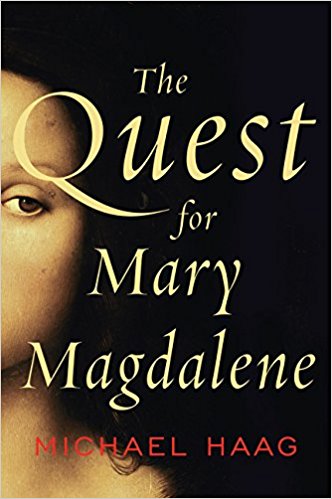Hundred Beam Bridge: the Lions and the Pixius
Ted Marr’s Hundred Beam Bridge: The Lions & the Pixius is an immersive and engaging historical saga set during the Song Dynasty in eleventh and twelfth century China. Delving into universal human experiences that are just as relevant today as they were in earlier times, including the promise and peril of ambition and the all-encompassing drive to survive, the story begins with Hasan Arslan, a Gelolu Uyghur master craftsman who provides bows and other advanced weaponry to the Song Imperial Guard.
The superior nature of Hasan’s weapons ingratiates him with Emperor Shenzong, despite his Muslim background and distinctive facial features—“piercing green eyes, a large, long, but perfectly centered nose, and light brownish hair”—marking him out as a “foreigner” among the Han Chinese in Bianjiang. For all his wealth and success, Hasan hopes that his new design for a crossbow will be sufficiently impressive to earn him a position within the Imperial Court, and from there he aims to rise even further up the hierarchy of Chinese society.
However, the quest for wealth and power is often accompanied by significant dangers, and Hasan is already the target of rivals and assassins. As he and those who follow him continue with his single-minded pursuit of social advancement, over the decades both he and his descendants become embroiled in all manner of intrigues, conspiracies, and even wars. The fate of one family and its hangers-on thus serves as a mirror for the social changes and conflicts that permeated and caused significant upheaval in Chinese society from 1075 CE to 1163 CE.
Marr has clearly engaged in a considerable amount of research while planning and writing Hundred Beam Bridge, although the story wears that research lightly, imparting information and conveying historical detail while presenting an often tense and always action-packed story. The rich background detail adds to the atmosphere and content of the story, helping to bring both the characters and settings to life. Marr has done an excellent job with the worldbuilding here, ensuring the story has both depth and pace.
Aside from the historical detail, Marr also weaves aspects of Chinese mythology into the story, thereby further enriching the narrative. Hasan is in possession of a black mahogany chest presented to his ancestors by Emperor Taizong in recognition of their own bow-making prowess. The chest contains a jade Pixiu, a mythical creature with the body of a winged lion and the head of a dragon, which ensures the financial prosperity of its processor. The source of both wealth and envy, the Pixiu adds an additional layer of intrigue and mystery to the story.
While the central character and major influence in Hundred Beam Bridge is Hasan Arslan, Marr’s female characters are particularly well derived and compelling. Women such as Li Shi Shi, a courtesan acquainted with Hasan’s son, Mei Mei, a formidable granddaughter-in-law of Hasan, and Pendo, the wife of Hasan’s son Kara who wins the symbolic tussle for the honor of being ruler of the family, are all bold, forceful, and impressive characters. They are not afraid to break social conventions and pursue both power and prosperity.
Hundred Beam Bridge is an evocatively written account of the struggles and triumphs of several generations of the Arslan family. It provides a vivid and immersive glimpse of life during the Song Dynasty, elucidating the culture, traditions, and politics of that period of Chinese history, while also presenting an exciting story that is packed with action and intrigue.
| Author | Ted Marr |
|---|---|
| Star Count | 4.5/5 |
| Format | eBook |
| Page Count | 351 pages |
| Publisher | Allsym Publisher |
| Publish Date | 03-Sep-2023 |
| ISBN | 9798988936527 |
| Bookshop.org | Buy this Book |
| Issue | October 2023 |
| Category | Historical Fiction |
| Share |







Recent Comments